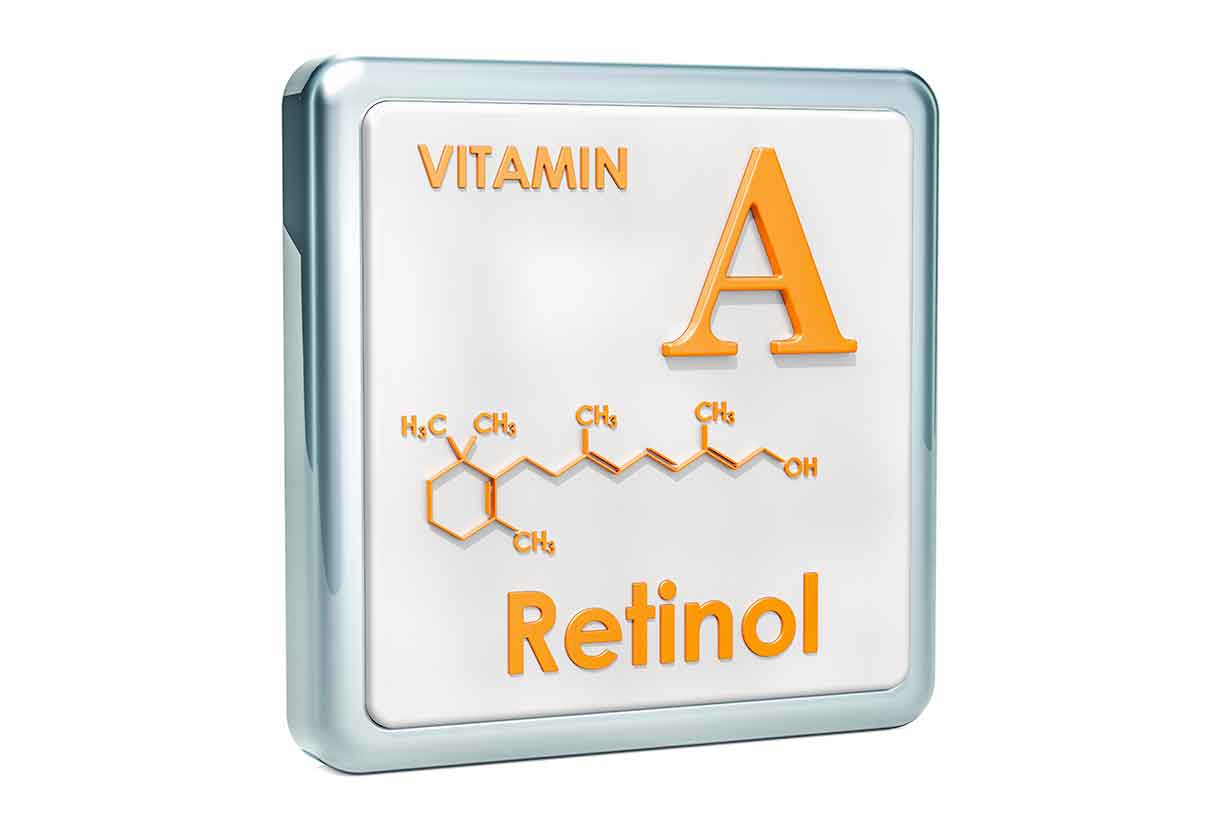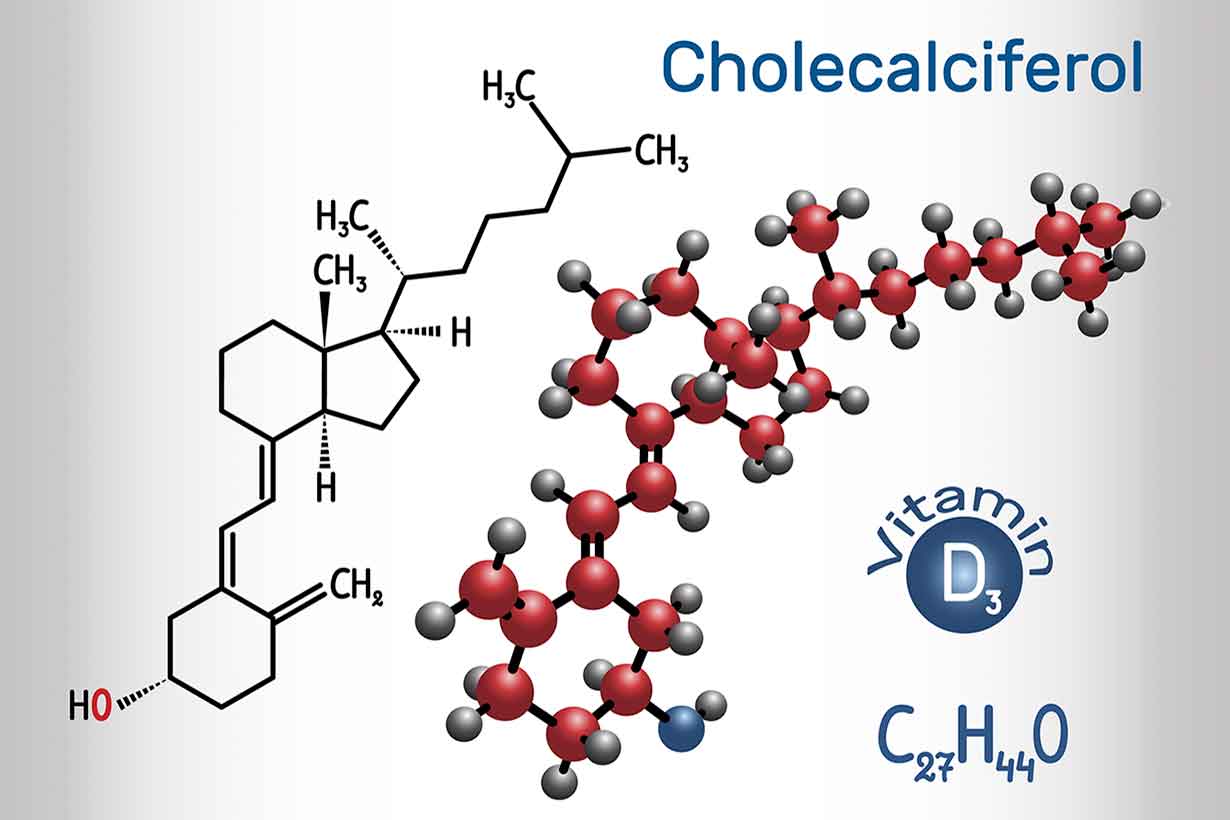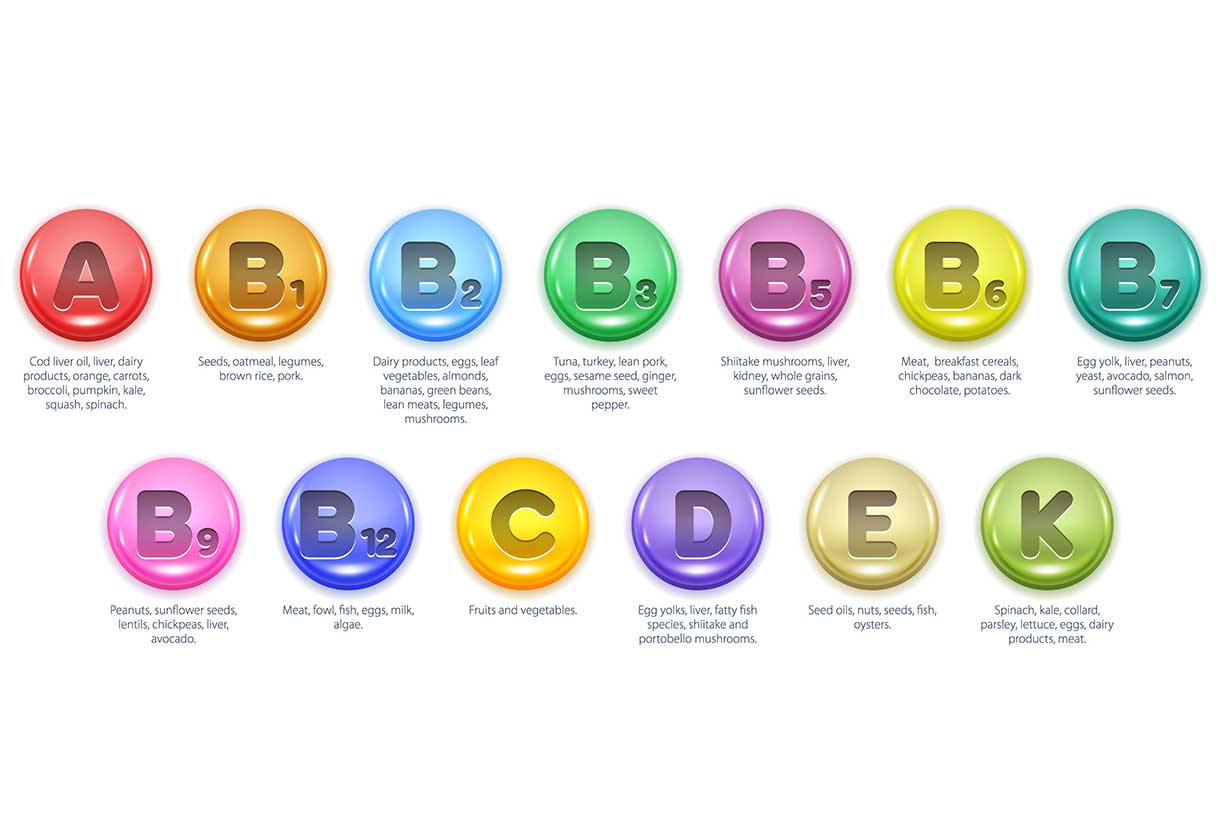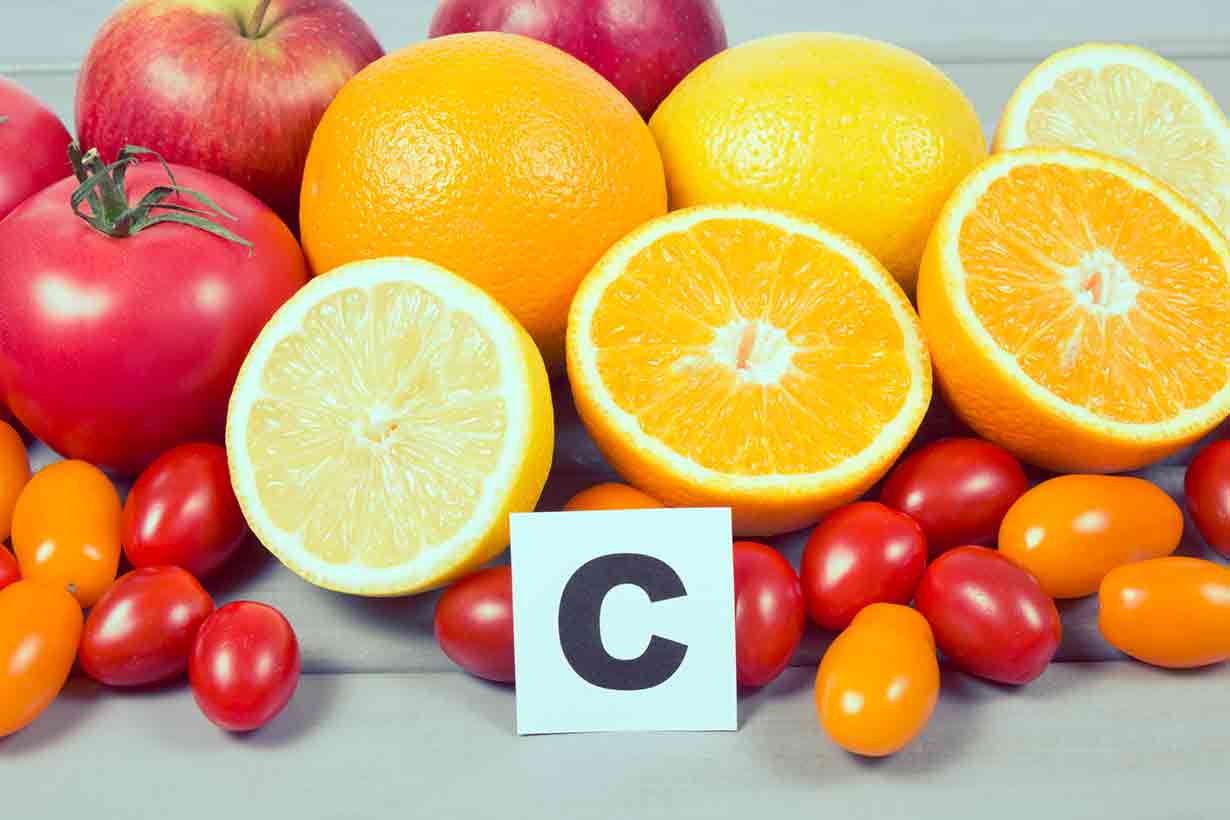Recent research suggests vitamin K2 may have some potential benefits related to bone and vascular health.
However, there is also some hype about vitamin K2 that isn’t entirely supported by the current evidence.
This article explains what vitamin K2 is and the potential benefits it may have, while separating the facts from the hype.
Vitamin K2 at a glance
- Vitamin K2 is a fat-soluble vitamin primarily found in animal-based foods and fermented foods.
- It may have potential benefits for bone and vascular health, but further research is necessary to confirm this.
- There are two primary forms of vitamin K2: menaquinone-4 (MK-4) and menaquinone-7 (MK-7).
- In this article, we’ll also learn the best sources of vitamin K2 and review findings from recent, high-quality studies.
Table of contents
What Is Vitamin K2?
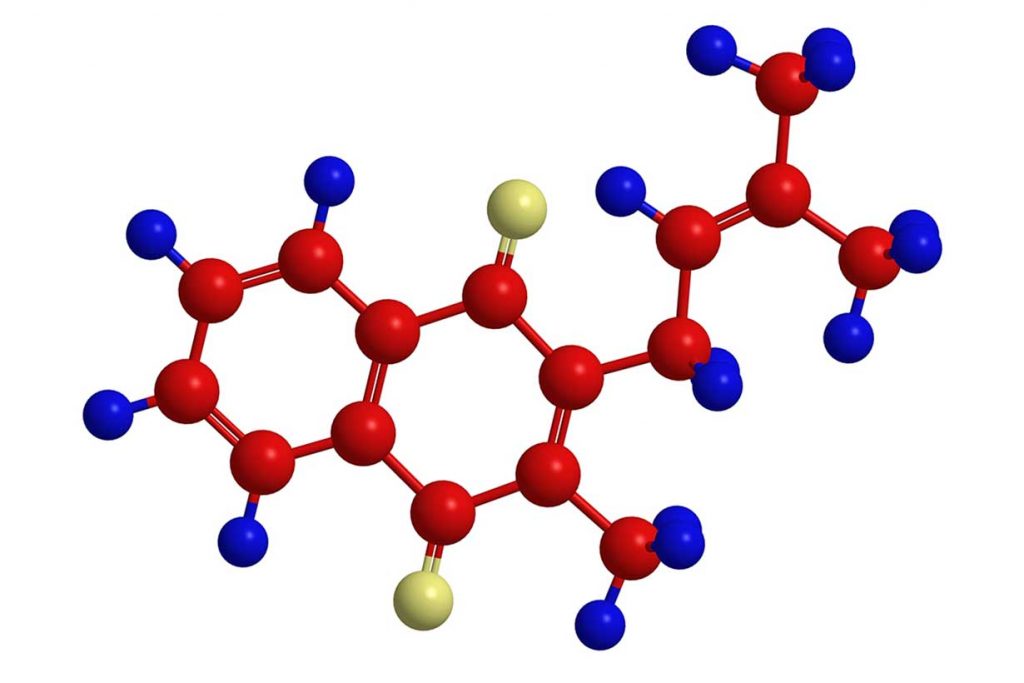
Vitamin K2 is a specific form of vitamin K, which is a fat-soluble essential vitamin.
The vitamin K group of vitamins was discovered in 1929 by a Danish scientist called Henrik Dam (1). The discovery and understanding of the different forms of vitamin K—phylloquinone (K1) and menaquinone (K2)—followed over the next decade (2).
However, there are some key differences to understand about vitamin K2 in comparison to vitamin K1.
While vitamin K1 is primarily found in green vegetables and vegetable oils, vitamin K2 is found in animal foods such as meat and cheese, as well as fermented foods like natto, a Japanese fermented soy dish (3).
There are two primary forms of vitamin K2 in food:
- Menaquinone-4 (MK-4): We can find MK-4 in animal-based foods like dairy and meat (4).
- Menaquinone-7 (MK-7): Fermented foods like natto are the best sources of MK-7. Cheese and fermented dairy may also contain it, depending on the starter bacteria used for fermentation (5).
What Does Vitamin K2 Do In the Body?
All forms of vitamin K have similar roles in the body, and these include:
- Blood clotting: Vitamin K is required to make proteins with blood clotting functions (6).
- Bone health: Vitamin K is necessary for forming osteocalcin, a protein that keeps bones strong by its involvement in bone mineralization (7).
- Vascular health: Vitamin K is a necessary cofactor for the formation of a protein called matrix GLA protein (MGP). It is thought that MGP may help prevent calcium from being deposited in blood vessels and arteries, which may potentially help reduce the buildup of calcified plaque—an indicator of cardiovascular disease (8).
Vitamin K1 plays a more prominent role in blood clotting, whereas vitamin K2 is thought to have a larger impact on the formation of osteocalcin and MGP (9).
What Health Benefits Does Vitamin K2 Have?
Due to its involvement in proteins related to bone and heart health, there has been research on whether vitamin K2 intake has benefits in these areas.
There has also been some emerging research on vitamin K’s potential effects on conditions including inflammation and insulin sensitivity.
In the next sections, we will explore the existing studies and their findings. We’ll then look at how strong the evidence is for vitamin K2 having benefits in these areas.
Bone Health Benefits
One of the main proposed benefits of vitamin K2 is its role in activating osteocalcin, a protein that plays a key role in bone formation (7).
A study involving fifteen healthy adults found that doses of 900 mcg (micrograms) of vitamin K2 (MK-4) significantly increased osteocalcin levels (10).
A large 2022 systematic review of 16 randomized controlled trials (RCTs) investigating vitamin K2’s efficacy for preventing and treating osteoporosis was published in Osteoporosis International (11).
The review found that vitamin K2 supplementation was associated with a reduced fracture incidence and helped maintain or improve bone mass density in the included RCTs (11).
However, the authors note that many of the included studies were undertaken in Japan and had small sample sizes. As a result, further research involving more diverse populations and larger sample sizes is necessary to confirm these effects.
Additionally, emerging evidence suggests that calcium, vitamin D, and vitamin K may have a synergistic effect in promoting bone health (12). This is because both vitamin D and vitamin K2 affect calcium metabolism, and both play important roles in producing and activating proteins like osteocalcin (13).
Heart and Vascular Health Benefits
Vitamin K2 plays a key role in activating matrix GLA protein (MGP). Since MGP is thought to help prevent arterial plaque buildup, it has been thought vitamin K2 may have benefits for heart health. However, the research to date has provided mixed and inconclusive evidence.
Recent Findings
A significant randomized controlled trial investigating the hypothesis was published in the American Heart Association’s Circulation journal in 2022. The study involved 365 men with an average age of 71 who had been diagnosed with aortic valve calcification (stenosis) (14).
The men were assigned to take either 720 mcg of vitamin K2 (MK-7) plus vitamin D daily or a placebo to see if vitamin K2 supplementation slowed plaque progression over 24 months. However, no significant differences were observed between the vitamin K2 and placebo group in plaque progression or related cardiovascular events (14).
The researchers noted that the lack of effect may have been due to several factors, potentially including an insufficient dose. They noted that further research is warranted on this complex topic.
Another recent, large randomized controlled trial was published in 2024. This study involved 165 post-menopausal women with low vitamin K status. Over a one-year period, 82 women taking a daily dose of 180 mcg of vitamin K2 (MK-7) experienced greater improvements in vascular stiffness and blood pressure compared to 83 women taking a placebo (15).
However, a 2024 systematic review and meta-analysis of seventeen randomized controlled trials concluded that vitamin K2 supplementation had no significant effect on cardiovascular risk factors except for improving insulin sensitivity. Insulin sensitivity means that less insulin is required to lower blood glucose (16).
Another relevant randomized controlled trial was published in International Urology and Nephrology in 2019, which involved 102 patients on hemodialysis (17).
This study found that a 200 mcg dose of daily vitamin K2 (MK-7) for one year lowered levels of undercarboxylated MGP (a marker of vascular calcification). Despite this, vitamin K2 supplementation did not have an impact on slowing aortic calcification progression (17).
At this point, there is insufficient evidence to support the hypothesis that vitamin K2 prevents plaque progression.
Insulin Sensitivity
Most of the available research on vitamin K2 has investigated its effects on bone and heart health.
However, some studies have also examined its potential impact on insulin sensitivity.
A 2025 systematic review analyzed six randomized clinical trials on the effect of vitamin K2 (MK-7) supplementation on insulin sensitivity (18).
The results showed that MK-7 supplementation led to significant improvements in insulin sensitivity and blood sugar control. The authors concluded that improved blood glucose and insulin sensitivity may be a benefit of vitamin K2, but that further high-quality research yielding consistent results is necessary to confirm these findings (18).
Other Emerging Potential Benefits
Here is a quick overview of studies that fall under emerging research areas on vitamin K2’s potential benefits. There is a lack of studies in these areas and further research is necessary to confirm the findings.
- Vitamin K2 and nocturnal leg cramps: A 2024 randomized controlled trial examined the impact of vitamin K2 (MK-7) supplementation on 199 patients aged 65 years or older, with a history of nocturnal leg cramps. Over eight weeks, compared to placebo, patients taking 180 mcg of vitamin K2 daily experienced a significant reduction in cramp frequency and severity (19).
- Vitamin K2 and depression status in PCOS patients: A 2022 randomized controlled trial tested the effect of vitamin K2 (MK-7) supplementation on 84 women with polycystic ovary syndrome (PCOS). Over eight weeks, 42 women consuming 90 mcg of vitamin K2 daily had significantly improved depression status compared to 42 women taking a placebo (20).
Frequently Asked Questions
Recommended intakes are based on total vitamin K, and there is currently no recommended daily intake specific to vitamin K2. The FDA has set a daily value for total vitamin K, based on a 2000-calorie diet, of 120 mcg (21). As always, individuals should consult their primary physician if they require any specialized health advice on vitamin K2 intake or supplementation.
Natto is the richest dietary source, and it contains significant amounts of the menaquinone-7 (MK-7) form of vitamin K2. Some fermented legume products are also high in MK-7. Aged cheese, egg yolks, liver, and various types of meat are also rich sources of MK-4. See this list of foods high in vitamin K2 for more information.
Vitamin K2 is primarily found in animal-based foods and fermented foods, whereas green vegetables are the primary source of vitamin K1 (3). Vitamin K1 is more important for blood clotting, while vitamin K2 appears to be more effective for bone and vascular health through its regulation of calcium. Studies also suggest that vitamin K2 in the form of MK-7 has a longer half-life than vitamin K1, meaning it remains active in the body for significantly longer. It has a half-life of approximately 72 hours, whereas vitamin K1 and MK-4 have a half-life of less than 2 hours (22).
MK-4 and MK-7 are both types of vitamin K2 found in different foods. MK-4 is found in animal foods, whereas MK-7 comes from fermented foods like natto. MK-7 has a significantly greater absorption rate and longer half-life than MK-4, which is why much of the research uses this form of vitamin K2 (22).
Summary
As we’ve learned in this article, vitamin K2 comes in two primary forms—menaquinone-4 (MK-4) and menaquinone-7 (MK-7).
Research suggests it may have some benefits for bone health, vascular health, and insulin sensitivity, with emerging research showing further potential benefits related to PCOS and leg cramps.
However, further high-quality studies across diverse populations are necessary to confirm this.
For those wishing to include vitamin K2 in their diet, natto tops the list of vitamin K2 dietary sources.


